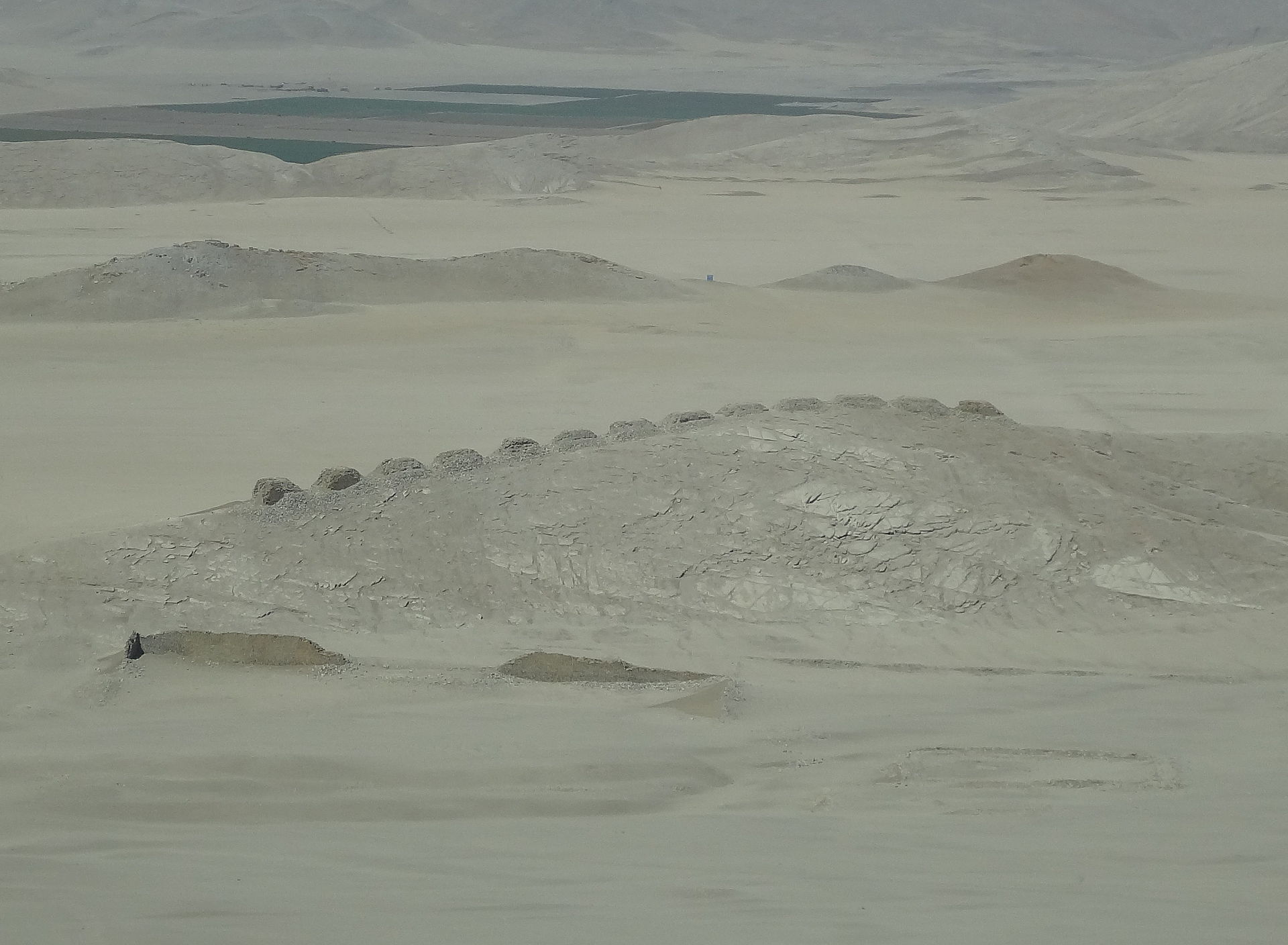Not too long ago, my wife suggested that we put handles on the vanity in our bathroom because our fingerprints made when opening the doors were tarnishing the coating... and our cleaning was not removing those stains... so, one weekend we went to Lowes purchased a bunch of handles that we liked with all the appropriate hardware and in a few hours, all the handles were installed exactly where we wanted them.
Since neither of us was a carpenter or skilled as a handyperson, it took us longer than normal to complete this weekend project.
A few weeks later, my wife made the comment one morning while we were both watching the news that the cords to her electrical devices that she uses to fix her hair are now getting tangled up in the handles of the drawers to the vanity and it has gotten to the point where it is very annoying...
I acknowledged her comment and her frustration but had the common sense not to say anything... after she got the frustration out of her system, there has been no more comments... but, I am sure that she continues to experience the tangling of cords whenever she decides to fix her hair.
As I began to reflect upon this experience, it dawned on me that this was a perfect example of unintended consequences...
Most of the time, we cannot nor do we want to predict the future outcomes of our actions today. If we did, we may not do some of the things that we have done in the past... We just don't live this way... but, maybe we should.














